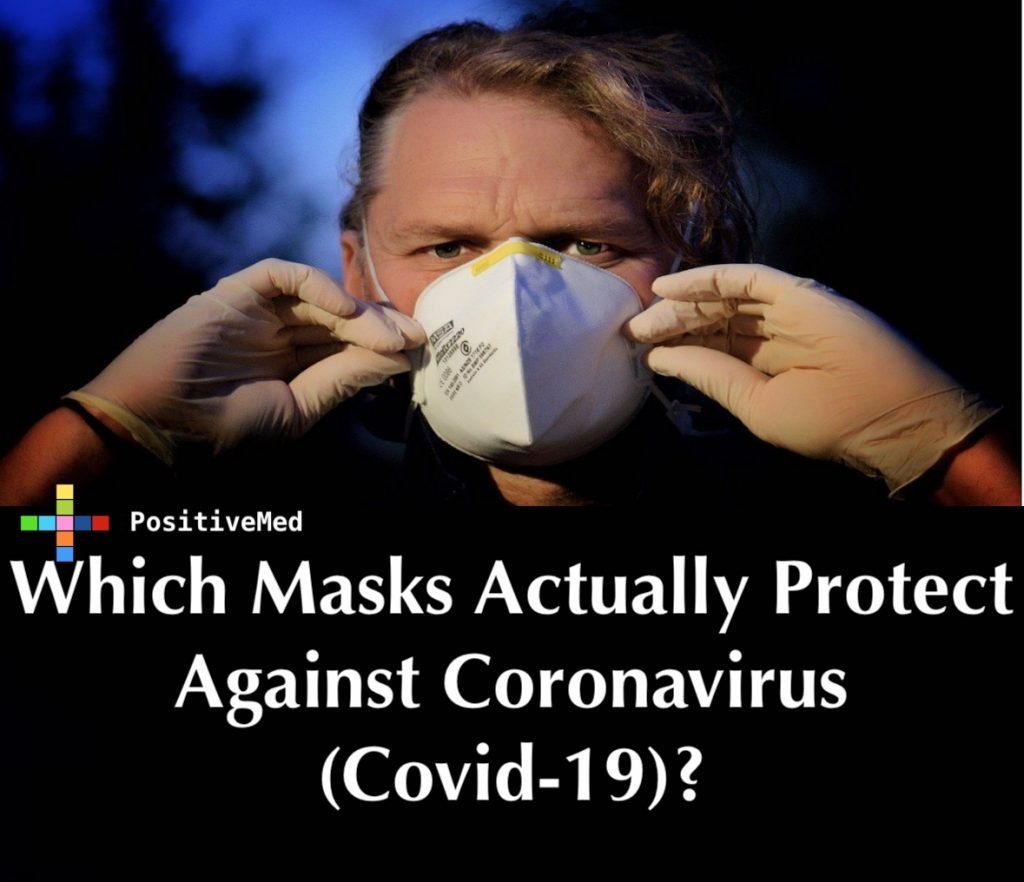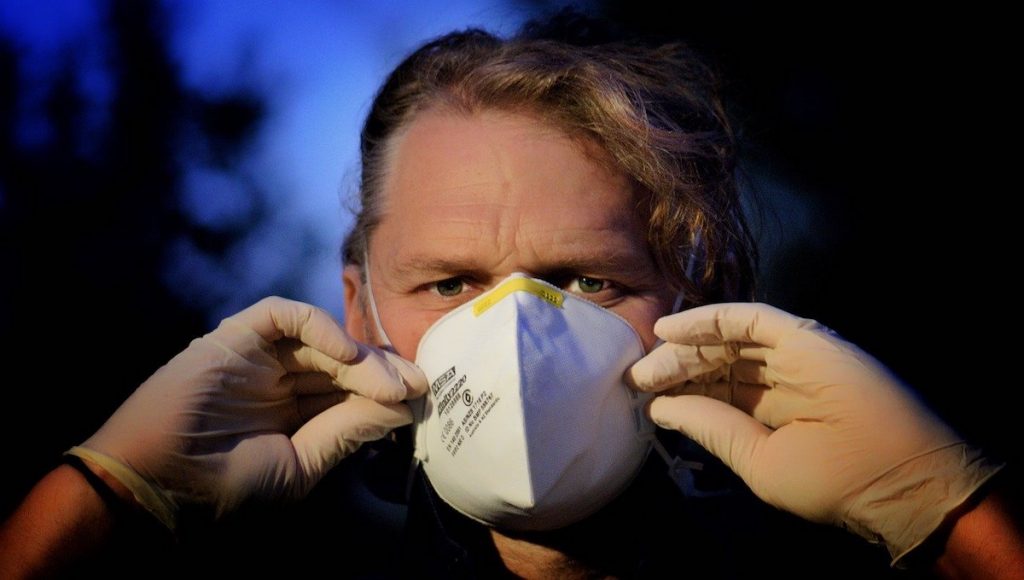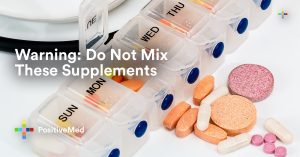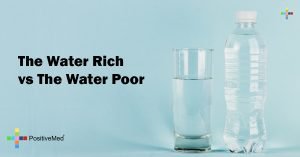Can wearing a face mask protect you from the new coronavirus?
A lot has been said about masks. Moreover, there are various types of them. Since information on COVID-19 changes constantly, let’s review the version updated on the 5th of March 2020 regarding the masks and their potentially protective properties. It’s exceptionally important to know medical information from the right source. Media is hard to be trusted nowadays. What we want to know precisely is: Can wearing a medical face mask protect you against the new coronavirus?
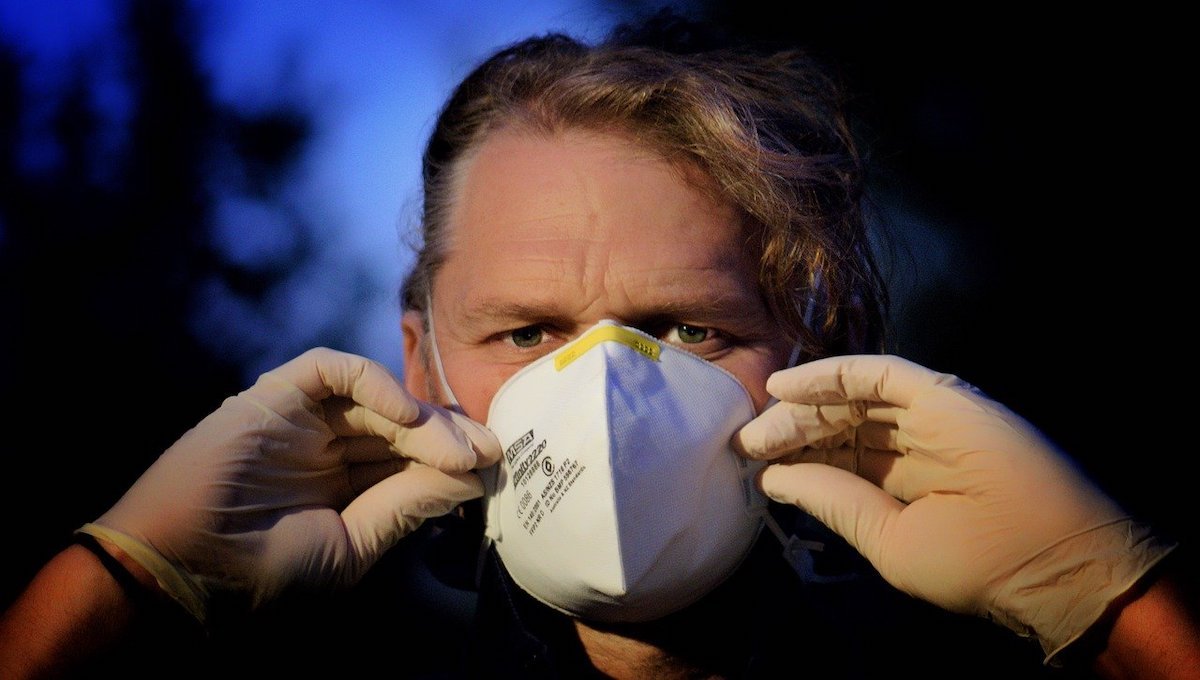
First, let’s narrow the choice down. ‘Face masks’ is quite a wide category. A regular surgical face mask isn’t going to help you steer clear of the virus – as Dr. William Schaffner, an infectious disease specialist at Vanderbilt University in Tennessee, says. A more specialized one – N95 respirator, can protect against the new coronavirus. It’s thicker than a surgical mask, but at this point, it’s not recommended for public use.
Worth mentioning, it’s not so easy to make a mask work well, even if it seems so simple. You just put it on and go, what more is there to be aware of? Specialists receive retraining annually to learn how to properly fit it around the chin, nose, and cheeks. Only such a professional level of putting the mask on ensures that wearers don’t breathe around the edges of the respirator. Breathing with the mask on is quite hard. Material is very thick, it can get moist and hot. The whole experience feels a bit claustrophobic. People who put them on, claim that they are wearable for around half an hour. Afterward, you need to take it off, take a deep breath, and cool off. It’s not exactly the most comfortable experience, so wearing them on an everyday basis becomes highly challenging.
You may be wondering if it’s an idea to snag an N95 respirator online. Well, the above-said doctor Schaffner is against it. Let us leave N95 respirators to medical workers, at least they will use it in the right way. When it comes to us, ordinary people who unnecessarily stockpile respirators, we can only provide a shortage, and make those who really need them at great risk.
What about surgical masks? You have surely seen a real plenitude of people around you wearing them. This mask is thinner and is intended for surgeons. They were invented to keep pathogens from the doctor’s nose and mouth from entering the surgical field. As you see, they do the opposite job of the one that we all wish they did. They don’t let pathogens to go outside, but we don’t want them to get inside. It’s rather common to see Asian people, for example from China or Japan, wearing surgical masks in public spaces. They perceive them as protection against pathogens and pollution. Whereas it’s true, that certain types of pollution can be withheld with the use of these masks, it’s unfortunately not the case with the viral particles. They are just not designed for it. Plus, they don’t fit tightly around the nose and cheeks in a way that they could protect us. It’s possible only with an N95 respirator. The surgical masks’ use is modestly effective.
The situation seems different if you are sick with a cold or the flu. Some people wear masks to prevent others from their infectious organisms. This is generous when it comes to the first thought, but the efficient solution is still far ahead. If you feel sick, you should stay at home and avoid public places. This is the only proper way to behave.
What about the part of society that has already been diagnosed with COVID-19, and their families? They should undoubtedly wear face masks if they need to get outside (they better stay home, though). It will reduce the risk of infection to people around them. The same regards health care workers and care (whether it’s at home or in a healthcare facility) of infected patients. Remember that surgical masks should be disposed of after any single-use.
Some pets lovers had an amazing idea of protecting our lovely friends from COVID-19. The scientists’ response to it is short and unequivocal. Pets can’t transmit the virus to humans, so experts strongly advise not to panic in that matter. There was one case reported – a Pomeranian dog in Hong Kong tested “weak positive”. The dog is currently in quarantine, and it doesn’t show any symptoms. Additionally, the way it was tested is unsure.
As an alternative to masks, the best way of protection from coronavirus is to stay informed, and temporarily avoid countries where breakouts have taken place. Also, wash your hands with soap, avoid touching your eyes, nose, and mouth, and stay away from sick people. As often as possible, disinfect objects and surfaces around you.
